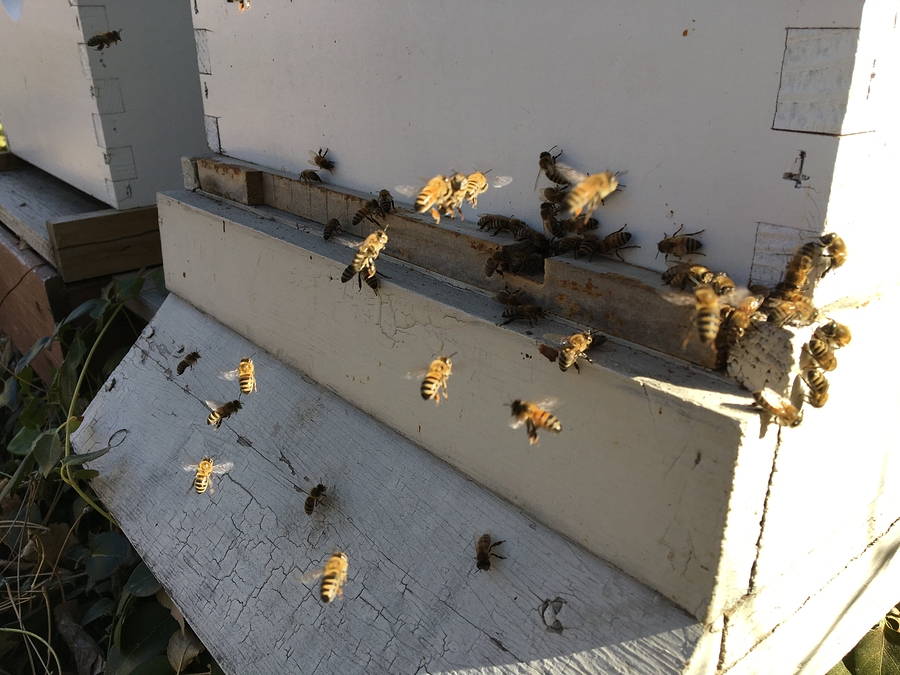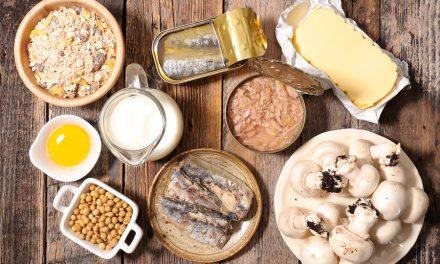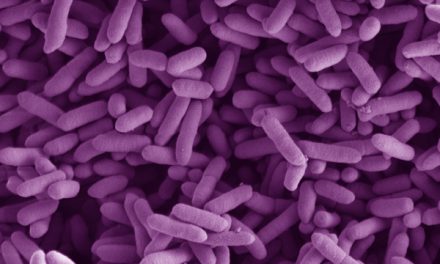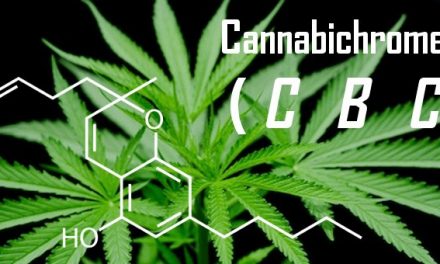Local honey bee experts in Southwest Florida believe the algae problems are also affecting their hives. A little over a month ago, hives that were around areas affected by red tide and blue-green algae started having issues (bees in Southwest Florida where the algae problem wasn’t an issue were doing fine). This is just one more issue bees are facing in Florida while still trying to recover from Hurricane Irma.
Keith Councell, vice president of the Lee County Farm Bureau and owner of Councell Farms (who has 5,000 hives in Lee County) “pointed to an area in Bokeelia where he has a number of hives placed on the ground and on a flatbed trailer. Some of the Bokeelia hives showed signs of no activity, a good indicator that there is a problem, he said. ‘One side, near the canal, the bees are lethargic,’ with dead bees littering the ground. On the other side of the trailer, barely 2 feet away, the bees are active and in full pollen-gathering mode. While bees prefer fresh water, Councell said they will go to the edge of canals where saltwater is evaporating and get moisture there.” 1
RELATED STORY:
Beyond that, Councell indicated that after removing combs from some of those hives and shaking the bees off, the bees crawled rather than flew off- and there’s something wrong with a bee when it won’t fly. And bees in hives along canals in Cape Coral have thrown out their honey. Councell said, “If bees perceive any contaminant, they’ll throw it out.”2 He said some bees even kill themselves in their zeal to clean out bad honey and dead bees as a way to protect the hive.
(Councell knows what he’s talking about, too. Check out the video below!)
RELATED STORY:
Because of this, Councell is now looking to study how red tide and algae affect the bees. And Florida Gulf Coast University may fund such a study. He believes the issue could be as simple as air wafting over the hives closer to the canal, “It could be (the algae); we’re not really sure. We need to test air and water quality and test active hives and bees. Until testing is actually done on this there’s no way to tell.”3
RELATED STORY:
One researcher, Serge Thomas, an aquatic ecologist and associate professor at FGCU, said some papers have suggested that the microcystin toxins, coming from the blue-green algae, are the concern.
We will keep you posted.












